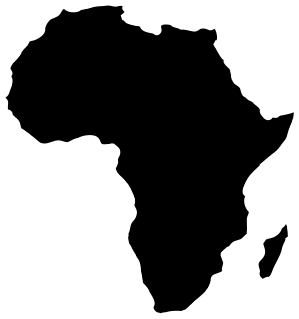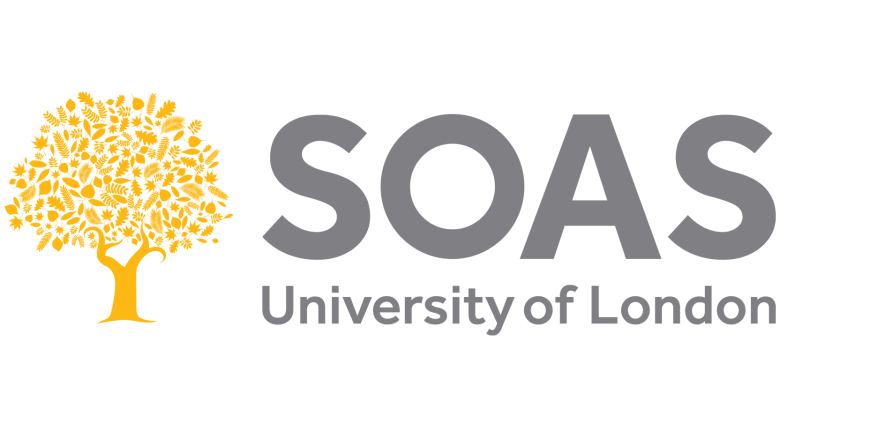Publishing and co-publishing books in African studies: guidelines for authors
These guidelines are pursuant to the initiative by African Books Collective (ABC), the African Studies Association of the UK (ASAUK) and the African Studies Association of the US (ASAUS). See the joint statement of ASAs on the Guiding Principles appended; and possible publishing clause. Pursuant, the International Africa Institute (IAI) and ABC, in consultation with others, are presenting these guidelines for academic authors in African studies.
The guidelines seek to assist academic authors publishing in African studies as to their options for co-publishing in the African continent:
- Consider publishing your book with an African publisher; consult options via e.g. African Books Collective, International African Institute.
- If you initially publish with a Northern publisher e.g. a University Press, discuss with your publisher in the first instance if they are able and willing to arrange a co-publication/edition with an African publisher. Some publishers may be willing and placed to negotiate such co-editions on your behalf (with advice from you as knowledgeable about the publishing sector in the country concerned). But if not, it may be wise to ‘reserve’ certain rights and arrange co-publication yourself.
- In the event that you retain or reserve rights, these would cover an African country and/or language rights that may be relevant for publication and distribution of your book. For example, a book predominantly dealing with a single country might be co-published within that country; or a book dealing with a country where a major language other than English is used in scholarly publications, such as Arabic, French, Portuguese or Swahili, may be published in translation. Be aware that translation is expensive and that you as the author would usually be required to assist in identifying a grant.
- Ask the Publisher about fees charged for files to African publishers in the event of co-publication. Typically these need to be low, usually not more than c.£250 or $300, as set out in the appended statement.
- You might also want to ask about other distribution arrangements and pricing of your book for the African continent. In most cases there needs to be differentiated pricing and high discounting of books sold to Africa.
- Be aware that book distribution in the African continent is patchy at best and non-existent at worse; the latter applies particularly in West African countries; but even in East and southern Africa where there is some distribution, international shipping costs and custom charges impede efficient models. Print-on-demand and digital wholesale distribution models are not yet available commercially. Hence the importance of co-publication options.
- Royalties: please note that as a rule academic or specialist books do not earn significant royalties; royalties accrued via sub-licensed African editions are likely to be less significant still and many such co-editions are effectively subsidized by institutions/research grants. Publishers and authors based in the North may consider waiving royalty requirements as a support to African publishing.
Appendix
Joint Statement of Principles for the Sale of Rights in African Territories
ASA[US]/ASAUK statement of guiding principles the sale of rights in African Territories
Whereas scholarly books published by North American and European presses are (at present) rarely available to readers in Africa; and whereas Europe- and America-based scholars of Africa have an interest and obligation to widen Africans’ access to their work, ASA and ASAUK endorse the following “statement of guiding principles for the sale of rights in African territories.”
In any territory within the continent of Africa for which the Publisher may sell or assign a license for publication of the Work, the following principles shall apply:
i. The Publisher shall provide to the African publisher PDFs of the Work at a mutually agreed price, which price shall be consistent with the economic costs of the African publisher.
ii. The Author may suggest or recommend an African publisher but shall not have the right to act as agent for the Publisher or for an African publisher. The final decision about the specific African publisher(s) to which to sell or assign a license remain with the Publisher.
iii. In the case of such a sale or assignment, the Author shall relinquish royalties on those copies sold in the specified African territories.
iv. The Publisher shall grant to the Author or to an African publisher, as advised by the Author, the first option for translations of the Work within the specified African territories.
v. Mindful of the differing commercial realities among countries, the Publisher shall endeavor to sell or assign a license for publication of the Work to a range of publishers within the African continent.
Proposed publishing contract clause, envisaged by the ASAUK
This clause allows authors to locate publishers in Africa who may be able to produce versions of their texts at affordable rates. The proposed price for sale of the PDF is not high, never more than US$500, and generally thought to be in the range of US$100-300.
[Clause x] The Publisher shall, during the legal term of copyright, have the exclusive right by himself or through agents on his behalf to produce and publish the Work in book form worldwide outside Africa.
[Clause x+1] The Author shall, during the legal term of copyright, have the exclusive right to produce and publish the Work in print in Africa. In furtherance:
The Publisher shall supply PDFs of the Work to the Author for production for the Africa market, or direct to an African publisher as advised by the Author. The PDFs shall be supplied either (a) at no cost to the African publisher, only provided that there is no loss to UK publisher given their lack of distribution in Africa or the agreed area of distribution rights; or (b) at a mutually agreed cost for regional or Africa-wide rights, which cost shall always be consistent with economic costs of sales to the African publisher.
(ii) The Publisher shall grant to the Author or direct to an African publisher, as advised by the author, the first option for translations of the Work from the English language.

